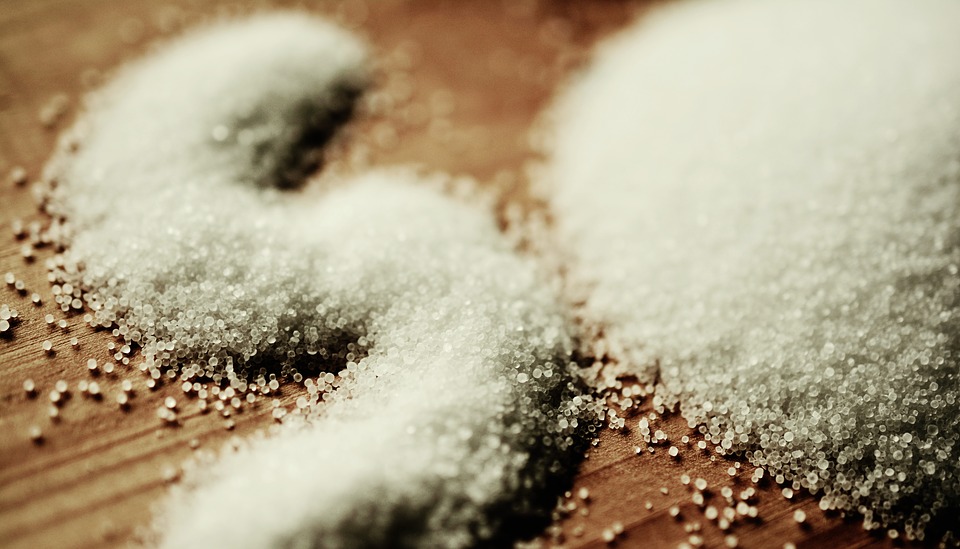A stroke occurs when the blood supply to part of your brain is interrupted or severely reduced, depriving brain tissue of oxygen and nutrients. Within minutes, brain cells begin to die. Strokes are a medical emergency and urgent treatment is essential. The sooner a person receives treatment for a stroke, the less damage is likely to happen.
Types of strokes
Ischemic stroke: Most strokes (87%) are ischemic strokes. An ischemic stroke happens when blood flow through the artery that supplies oxygen-rich blood to the brain becomes blocked.
Hemorrhagic stroke: Hemorrhagic stroke occurs when a blood vessel in your brain leaks or ruptures. Brain hemorrhages can result from many conditions that affect your blood vessels, including uncontrolled high blood pressure (hypertension), overtreatment with anticoagulants and weak spots in your blood vessel walls (aneurysms).
Transient ischemic attack (mini-stroke): A transient ischemic attack (TIA) is sometimes called a “mini-stroke.” It is different from the major types of stroke because blood flow to the brain is blocked for only a short time—usually no more than 5 minutes
Magnesium and potassium is beneficial for stroke patient recovery
According to research published in American Journal of Clinical Nutrition Nov 2017, Dietary Reference Intake amount of magnesium and potassium together long term is beneficial for stroke patient recovery from neurologic deficits. The studied subjects for this research were 291 stroke patients from Taiwan.
Source: cdc.gov, mayoclinic.org, American Journal of Clinical Nutrition , doi: 10.3945/ajcn.116.148536
